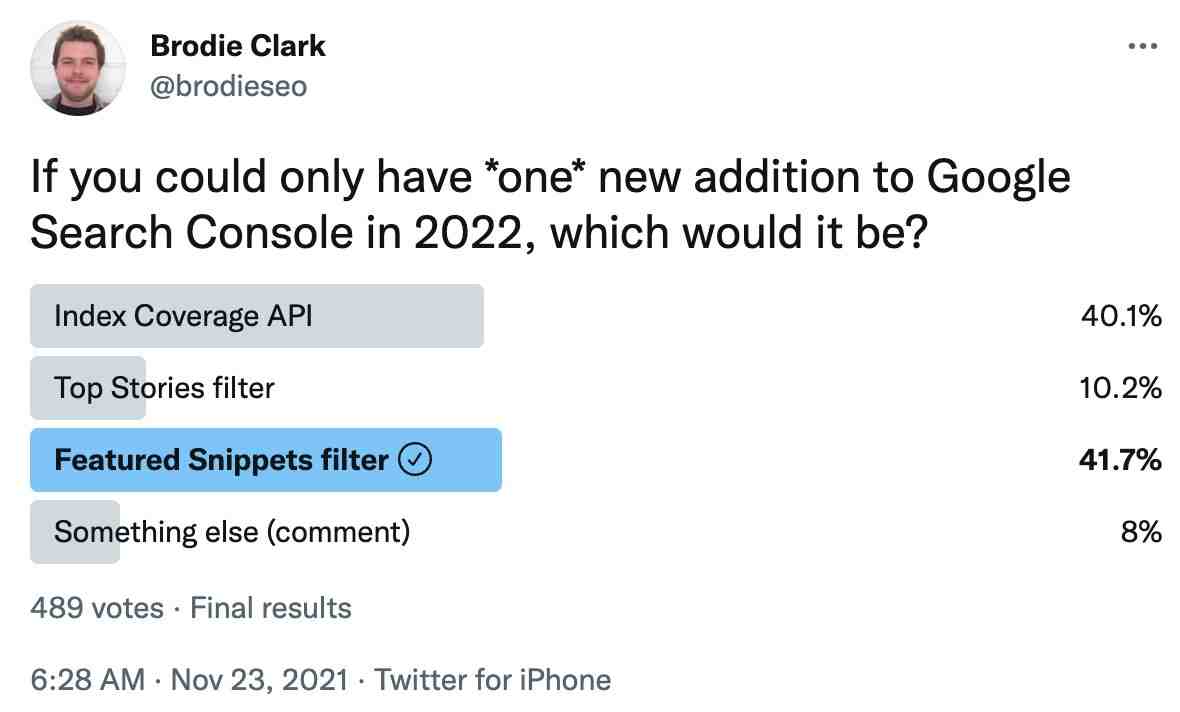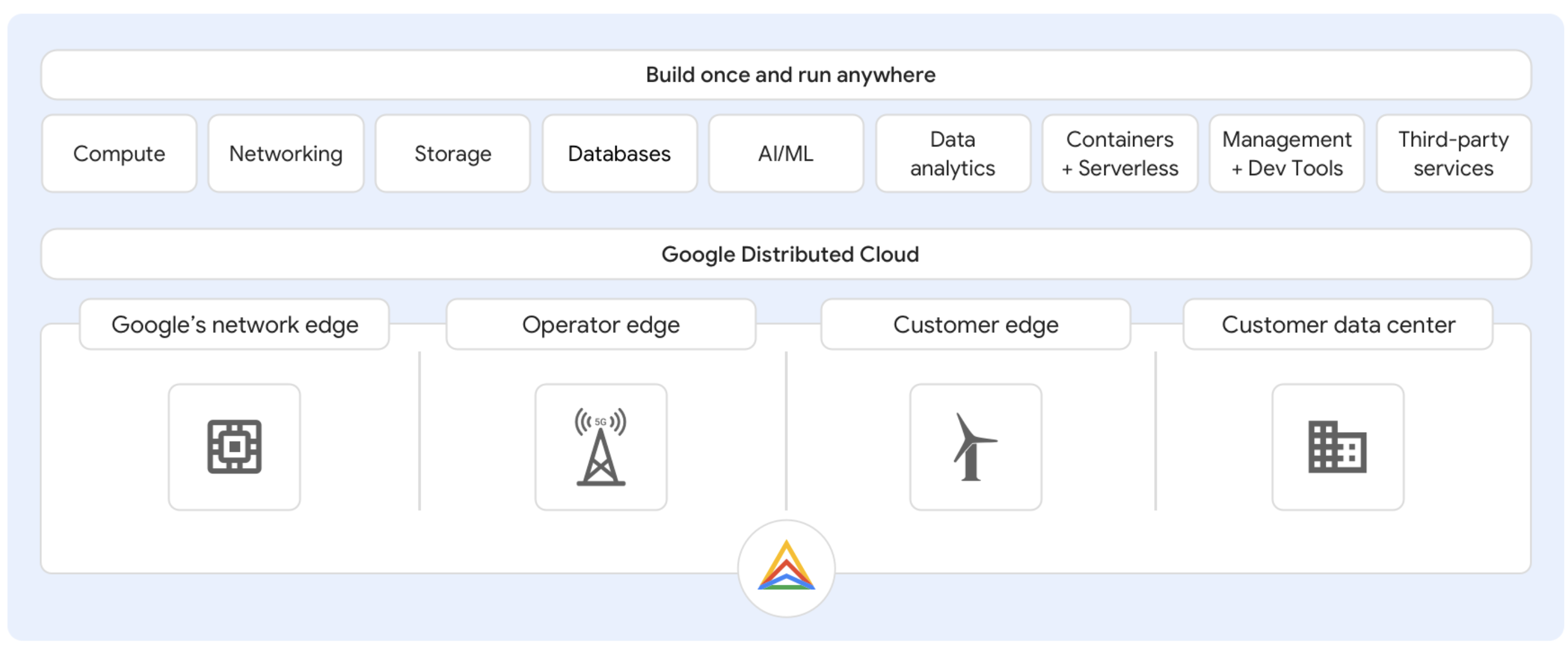The web is a living thing, constantly evolving, constantly changing. This goes beyond the content of websites; entire domains can expire and be taken over, allowing corners of the internet to become a bit like your hometown: Wait, wasn’t there a Dairy Queen here?
For example, if TechCrunch forgets to pay its domain registrar, TechCrunch.com will eventually expire (June 10, to be exact). At that point, some enterprising human might seize the domain and do nefarious things with it. Now, if TechCrunch.com were suddenly red instead of green and selling penis enhancement pills instead of playing on good news and horrible puns in equal measure, you’d probably realize something was up. But black hat SEO tricksters are more subtle than that.
When they take over a domain, they often point the web domain to a new IP address, resurrect the site and restore it as close to the original as possible, and leave it for a while. When the IP address changes, SEO experts claim that Google temporarily “punishes” the domain by dropping it in rankings.
This is called “sandboxing” or “the sandbox period”, and during this time, Google notifies the domain. Once Google determines, sometimes wrongly, that the IP address change under the domain was just part of a switch from one web host to another, the theory is that the domain will start to move up the rankings again. That’s when the new domain owner can start their sneaky business: updating links to send traffic to new places, for example, or keeping the traffic as it is and adding affiliate links to make money from their visitors. At the other end of the scam spectrum, they can use the good name and reputation of the original company to scam or mislead users.
Since PageRank’s invention in 1996, Google has relied in part on the transferability of trust to determine what makes a good website. In general, a site that is linked to many highly trusted websites can be trusted. Links from that page may also, in turn, be used as a measure of trust. Massively simplified, it boils down to this: the more high-quality sitelinks a page has, the more trustworthy it is and the better it ranks in search engines.
You don’t have to dig deep to find examples of domains that, at first glance, seem legitimate, but have been surreptitiously changed for another purpose.
While bad actors can take advantage of this fact, it’s also something that happens on the Internet: sites move from one host to another all the time for perfectly legitimate reasons. As Google search liaison Danny Sullivan pointed out when I spoke to him about expired domains last week, TechCrunch has had a few changes of ownership over the years, from AOL to Oath to Verizon Media to Yahoo to which in turn was bought by Apollo Global Management last year. Anytime that happens, there’s a chance that the new corporate masters might want to move things to new servers or new technology, which means IP addresses will change.
“If I had to buy a site, even TechCrunch; I think it was AOL that bought them: the domain registration would have changed, but the site itself didn’t change the nature of what it was doing, the content it featured, or the way it worked. [Google] can understand if domain names change ownership,” Sullivan said, noting that it’s also possible for content to change without changing the underlying architecture or network topography. “The site could be renamed, but just because it’s been renamed doesn’t mean the basic functions of what it was doing have changed.”
The buying and selling of expired domains
Contents

You don’t have to look far to find places to buy expired domains. Serp.Domains, Odys, Spamzilla, and Juice Market are some of the busiest in the business. (As a side note, I put a rel=”nofollow” on all three links in the HTML of this article. They’re not getting TechCrunch’s sweet link juice on my watch; as Google points out in their developer documentation; “Use the nofollow value when… you prefer Google not to associate your site with… the linked page”).
A screenshot of Serp Domains, which lists around a hundred sites for sale, noting that “expired domains are not sandboxed.” The company lists prices from $350 to $5,500, with original registration years ranging from 1998 to 2018.
“Get expired domains that have naturally (almost impossible to get) authorized backlinks since they were real business,” Odys advertises on its site, adding that they “are out of date and off trial by a mile, [and ] already have organic, referral & direct traffic, keyed in.”
These domains are listed for sale from a few hundred dollars to thousands of dollars. Seeing sites disappear from the “for sale” list and then appear on the Internet shows that some of these domains end up being ethically dubious at best and scams at worst.
It’s pretty easy to figure out why so-called “black hat SEO” folks are willing to go through all the trouble: create a domain from scratch, fill it with high-quality content, wait for people to link to it, and do it all. for the book lasts forever. Find a shortcut that cuts months, if not years, out of the process and adds the ability to make a quick buck? There will always be people who are willing to do that kind of thing.
“Google has named inbound links as one of its top three ranking factors,” said Patrick Stox, Product Advisor at Ahrefs. “The content will be the most important thing, but your relevant links will provide them with a strength metric.”
What the spammers are doing

Spammers buy a recently expired domain and use a search engine optimization (SEO) tool like Ahrefs to gauge how valuable the site is; check how many links go to the site and how valuable those links are. A link to TechCrunch or the BBC or WhiteHouse.gov would be invaluable, for example. A link from a random blog post on Medium.com is probably less so.
Once they’ve found and purchased a domain, they’ll use something like the WayBack Machine to copy an older version of the site, paste it onto a server somewhere, and voila! – the site is back. Obviously, that’s trademark and copyright infringement, but if you’re in the market for spamming or scamming, that’s probably the least of your crimes against human decency, regardless of the letter of the law.
Over time, sometimes weeks, sometimes months, Google de-sandboxes the domain and is tricked into accepting the domain as the original. The traffic will start to increase and the black hat SEO wizards are ready for the next phase of their plan: sell stuff or dupe people. There are comprehensive guides on what to do next to use these domains, including checking for registered trademarks and redirecting the entire domain or specific pages on the domain using a so-called 301 (“permanently moved”) redirect.
“When a site goes offline [Google] will just remove all signals from the links. That usually happens anyway when a page expires. Where it will be more complicated is if any of those signals will return for a new owner. I don’t think [Google] has ever answered this in a very clear way,” Stox explained. “But if the same site with the same type of content, or very similar content, comes back, the links will most likely start counting again. If you were a site about technology and now suddenly you’re a food blog, all of the above things are likely to be ignored.”
However, as with all things in SEO, it’s not all cut and dry; It turns out that negative signals carry over to expired domains, so it stands to reason that positive signals will as well.
“It’s interesting because sometimes the penalties will still be in place, regardless of the content of the new site,” Stox said. “So certain things can still be taken into account. There is a giant list of sanctions from Google such as backlink spam, content spam, paid links, etc. They can continue with the new site and sometimes people will buy…a new site up. Nothing is classified, and on closer inspection, you will find a penalty set within Google Search Console.”
Sullivan assured us that the search engine giant knows what’s going on and has control over things.
“It’s not fair to say that all purchased sites are spam and therefore should be treated as spam,” Sullivan said, noting that the company’s robust spam filters are there to protect search engines. “When actual spam happens, we have a ton of spam-fighting systems that we have in place. There are millions and millions, if not hundreds of millions of [pages and sites] that we constantly keep out of the top search results. One metaphor I like to use for people to understand how much work we do with spam is this: If you go into your email’s spam folder, you’re like, ‘Wow, I didn’t see all these emails.’ existed but didn’t show up because your system said, ‘No, this isn’t really relevant to you. This is spam.” That’s what happens in search all the time. If we didn’t have robust spam filters, our search results would look like what you see in your spam folder. There is a lot of spam and our systems are prepared to detect it”.
There’s no question that Google does a lot to defend us against spam, and yet there’s a thriving industry of high-value, expired domains that are available, whether for honest attempts at hacking or more nefarious acts.
A thriving industry

You don’t have to dig deep to find examples of domains that seem legitimate at first glance, but have been surreptitiously changed for another purpose. Here are some that I found.
An example is the Paid Leave Project, which used to live on paidleaveproject.org, but moved its site to USpaidleave.org at some point. Unfortunately, someone in the organization didn’t renew or redirect the old domain, and the site that used to work hard to ensure workers in the US can get paid family leave is now, well… helping families grow in different ways:
A screenshot of paidleaveproject.org, which now appears to be some sort of ED pill affiliate site.
Another tragic story is Genome Mag, which was published between 2013 and 2016, expired, and then came back online as a different magazine that the original owner has no control over.
Another main reason to buy an expired domain is its value due to other sites linking to it. Use a backlink checker to check the quality of backlinks from an expired domain. If you see that all your backlinks look spammy and low quality, skip that domain. Use the Wayback Machine to see what the site used to look like.
What to look for when buying expired domains?

So before you buy an expired domain, here are a few things to consider.
- Domain age: Make sure it’s an established domain. …
- Backlink Quality – Use a backlink checker to check the quality of your backlinks. …
- Website Quality – Use the Wayback Machine to find out what the website looked like.
Is it illegal to buy an expired domain? Yes, it is legal. Because the previous owner also gets renewal emails and reminders, and if you didn’t continue, it means you’re no longer interested in that domain name. After the redemption period, the domain was open to everyone.
Do people really buy domain names?

Domain names can be extremely lucrative, and companies (or people) are willing to pay top dollar for some of the top names. For example, a domain with a name like “sidehustles.com” could be worth much more than another domain. Shorter domains will generally be worth much more than longer domains.
Can domain names really be sold? Sell your domain name through a domain broker. One potential is to turn to a domain broker who can offer much more value with services such as price evaluation and finding and negotiating with buyers. Most brokers charge a flat commission rate of 10% to 20% upon completion of a deal.
Do people make money on domain names?
Just like real-world property, domain names can be bought and sold for a profit, generate residual income, and be developed to increase in value. Buying a good domain name and selling it over time is a common way for domain investors to make a profit.
How much money can I make selling domain names?
Most domains won’t sell for that high a price, but you might be able to average $2,000 to $5,000 for a profitable domain name once you learn how it all works.
Is it worth selling domain names?
If you choose the right domain name, it can be worth a lot of money. It doesn’t matter what kind of website you posted on the web address. In principle, you don’t even need a website to start actively marketing domains, since the address itself is what has value.
Why is it called GoDaddy?
In 1999, Parsons began searching for a catchier name. The story goes that an employee suggested “Big Daddy” after the Adam Sandler movie was released that year, but the domain name had already been taken. Later, an employee came up with “Go Daddy” and it stuck.
What does GoDaddy stand for? It was almost called BigDaddy but the domain was taken. Bob Parsons founded GoDaddy in 1997 under the name Jomax Technologies. Two years later, the company searched for a more memorable name and had a brainstorming session with employees. The name “Big Daddy” was suggested, but that domain was taken. The idea morphed into GoDaddy.
What does the GoDaddy logo mean?
At first glance I thought the other half of the heart opposite the “G” was a misshapen “D” like GoDaddy’s initials, but it’s actually supposed to be an “O” so the logo says “GO” . That’s very confusing, but the company says the logo, designed in collaboration with brand firms Lippincott and Codo, is…
Why did GoDaddy change their logo?
This icon was removed from the brand’s website in 2018, and GoDaddy has been operating without a logo ever since, relying solely on its wordmark. The new logo marks a welcome change in the company’s positioning and seeks to create an entirely different kind of emotional response.
Who owns GoDaddy Now?
GoDaddy Group Inc., a closely held company that registers Internet domain names, has agreed to be purchased by private equity firms KKR & Co KKR -2.20% â–¼., Silver Lake Partners and Technology Crossover Ventures.
Who made the GoDaddy logo?
But GoDaddy has a strong sense of emotion that it tries to evoke with the form, which is a joint effort between its own design team and two outside branding firms, Lippincott and Koto. Aman Bhutani [Photo: GoDaddy] “He embodies the entrepreneurial spirit,” explains GoDaddy brand director Cameron Scott.
Who owns GoDaddy Now?
GoDaddy Group Inc., a closely held company that registers Internet domain names, has agreed to be purchased by private equity firms KKR & Co KKR -2.20% â–¼., Silver Lake Partners and Technology Crossover Ventures.
What happened to GoDaddy?
Today, GoDaddy lost control of their services almost completely and was attacked by apparently Anonymous (updated: it wasn’t, see below) causing nearly all of their hosted websites to go offline, along with most of their email service. GoDaddy email and some of the domains registered through GoDaddy.
Is GoDaddy owned by Google?
Google and GoDaddy are very well known brands but they are very different companies when it comes to domains. GoDaddy and Google are publicly traded companies. Both respond to the short-term and long-term profit demands of their shareholders. GoDaddy was founded as a domain registrar.
Is GoDaddy a Chinese company?
Tempe, Arizona, USA. GoDaddy Inc. is an American publicly traded Internet domain registrar and web hosting company headquartered in Tempe, Arizona and incorporated in Delaware.
Can you make money selling expired domains?
Earn money with expired domain names: an honest, legal and lucrative business. Buying expired domain names is a legal practice. If the former owner has abandoned your domain, it is often because they no longer had any interest in your business.
Is it legal to sell domain names for profit? Yes, the domain change is legal. What is not legal is cybersquatting, which is when you buy a domain that incorporates a trademarked name with the intention of benefiting from the reputation of the entity that owns that trademark.
Is buying expired domains profitable?
Sell it for profit. Another reason people buy expired domains is simply to sell them. This is also known as domain switching, and some people make a living doing it. You will first buy an expired domain through an auction.
Is buying domains a good investment?
Like any investment, domain names carry their own set of risks. However, for diligent investors who carefully consider the risks and returns, domain names can become a high-return investment and a unique way to diversify your investment portfolio.
Is domain reselling profitable?
Yes, domain reselling is a profitable domain hosting business. The ever-expanding domain registration industry has opened up many new businesses for entrepreneurs. Being a domain seller is a good opportunity for individuals and organizations to make a profit.
Are expired domains good for SEO?
Using expired domains is a great way to improve your backlink profile and SEO. Building links is hard work, and using expired domains is a very effective way to help get high-quality backlinks and increase your website’s authority.
Is domain Flipping still profitable?
Is it profitable to change domains? Yes, changing domains can be very profitable. But it takes time and patience before you really start generating income. If you dedicate yourself to making it work, you can make a lot of money by switching domains.



